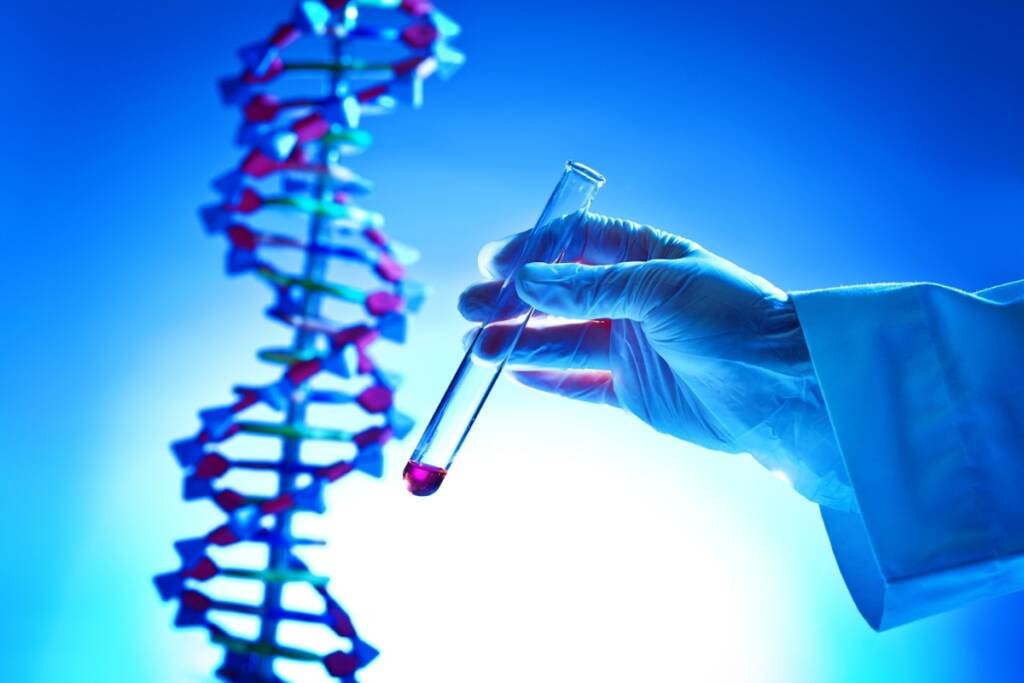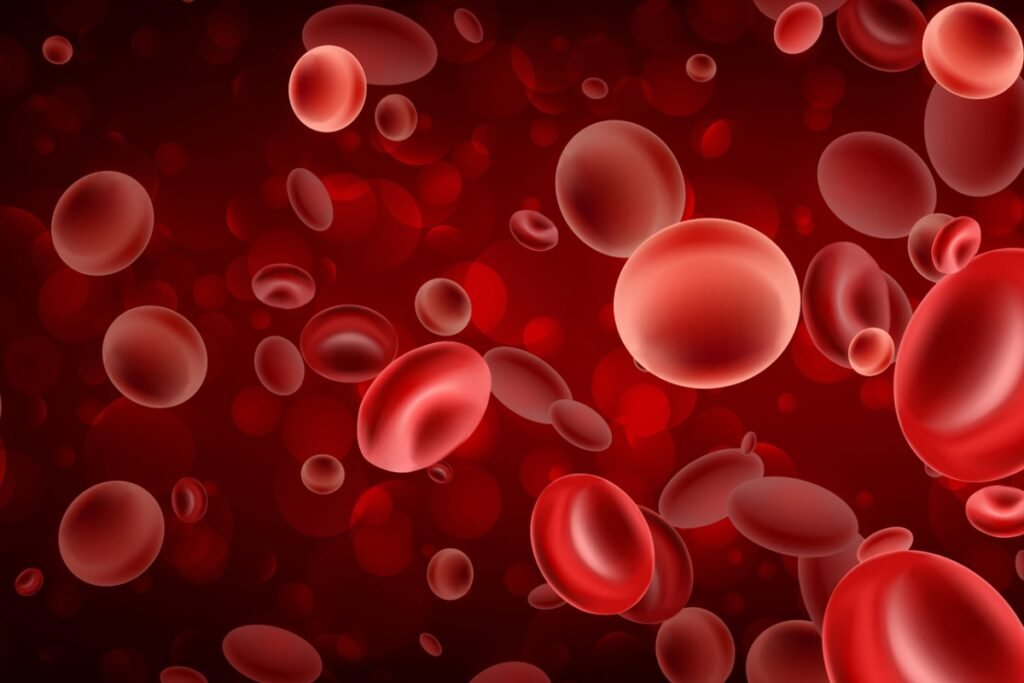According to a report published by SVB Securities analysts Joseph Schwartz and Joori Park, Ph.D., Roctavian may have a “significant opportunity” in the EU based on a study of 35 hematologists in Germany, France, Italy, and Spain.
According to the poll, the doctors predicted that at its height, Roctavian would draw roughly 26% of their adult patients with severe hemophilia A. That is about the same amount of group penetration as Roche’s best-selling antibody medicine, Hemlibra, presently enjoys. For comparison, Hemlibra brought in revenues from Europe of ~740 million Swiss francs in the previous year.

Fortunately, the poll by SVB found that roughly half of physicians have already begun assessing their patients to determine whether they qualify for possible Roctavian treatment.
Despite the doctors’ optimistic outlook, BioMarin still has to negotiate coverage, which is the same obstacle that derailed bluebird in 2021. Despite receiving permission from the European Commission in August, as of April, BioMarin has not yet treated a commercial patient.
Germany is the company’s original target market. According to Jean-Jacques Bienaime, who spoke to investors on a conference call in April, it has started discussions with Germany’s national insurance fund, GKV, to estimate the cost of Roctavian. He spoke favorably about their early contacts.
“We believe the German healthcare system will recognize Roctavian’s value, based on the transformational efficacy observed in a majority of participants across our extensive development program,”
– BioMarin
Additionally, developments are being made in France and Italy, where BioMarin anticipates concluding talks by the end of the year.
BioMarin has achieved significant progress in engaging European doctors regarding their gene therapy agent, Roctavian. According to a recent survey conducted by SVB, 91% of hematologists surveyed have either utilized Roctavian in clinical trials or are familiar with its clinical data. Additionally, one-third of the doctors have reached out to BioMarin’s representatives and expressed satisfaction with their interactions. The survey, conducted in May, revealed that the majority of doctors rated Roctavian’s clinical data as impressive, particularly in terms of its durability as a gene therapy.
However, there are a couple of challenges that need to be addressed. Firstly, doctors raised concerns about the necessity of administering steroids following Roctavian treatment for hemophilia A , which could hinder its adoption. In the Phase III trial of the drug, 79% of Roctavian patients required corticosteroids to manage elevated liver enzyme levels after two years. Notably, doctors in Germany expressed the strongest reservations about the use of steroids, labeling it as a moderate or significant impediment to patient adoption.
Secondly, some doctors are still grappling with identifying suitable patients for gene therapy. In Germany, where BioMarin plans to launch Roctavian first, none of the surveyed doctors have identified eligible patients. This delay indicates that the initial launch of Roctavian in Germany might be sluggish, as highlighted by SVB analysts. However, the positive opinions regarding Roctavian’s clinical profile and the progress made by doctors in other countries in patient identification suggest that sales of the drug could gain momentum over time.
Outside of Europe, BioMarin is awaiting a decision from the FDA by June 30. The FDA extended the review timeline by three months in March to consider additional 3 year data analysis from an ongoing Phase III trial of hemophilia A gene therapy.
The company is facing unfavorable news as the delay impacts its plans to set the pricing of Roctavian within the range of €1m-€1.5m (approximately $1.1m-$1.65m). This delay further contributes to investor concerns regarding reimbursement and the level of demand for this groundbreaking treatment.





























